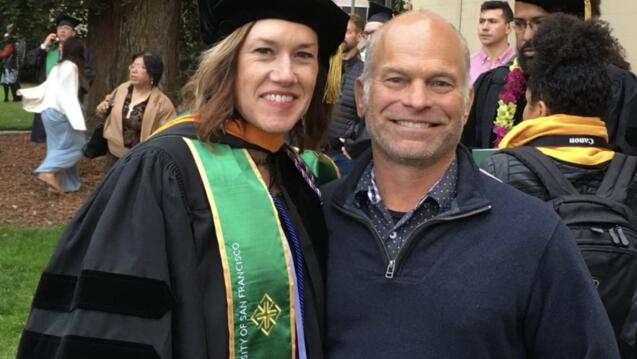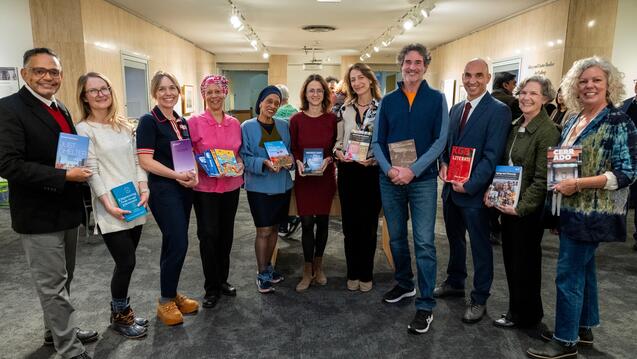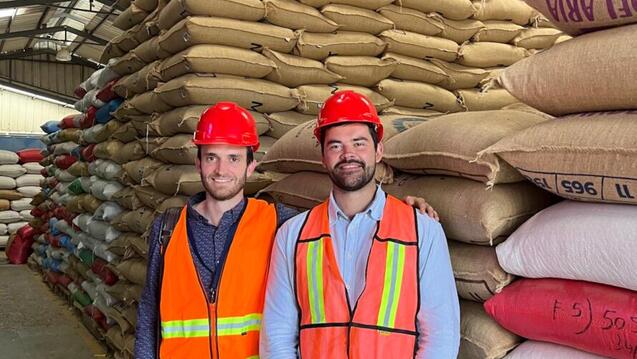Leung To Investigate Impact Of Dual-Language Elementary School
USF's Genevieve Leung and co-investigator Yuuko Uchikoshi from the University of California at Davis have been awarded a grant totaling $9,901 for a research project investigating the linguistic gains, socioemotional impact, and pedagogical achievements and challenges of students at a Cantonese-English dual-language elementary school.
The project, titled “Cantonese English Dual Language Immersion Study,” will analyze cross-sectional data from students in 1st, 3rd, and 5th grades.
The Language Learning Small Grants Research Program is a competitive grant sponsored by the journal Language Learning. The program provides research support of up to $10,000, in direct cost only, for new research projects relevant to the language sciences. Applications may be submitted by any academic institution worldwide, and are peer reviewed for scientific and technical merit.
Chinese American Language Maintenance
Leung is also set to publish an article, “Contemporary Chinese American language maintenance: Perspectives of youth and young adults in Philadelphia and San Francisco,” with coauthor, Ming-Hsuan Wu, in the journal Chinese America: History & Perspectives.
“This article focuses on Chinese American youth and young adults in San Francisco and Philadelphia and their views on the vitality of various Chinese languages that are relevant in their lives,” Leung said. “We provide suggestions for re-envisioning contemporary Chinese language maintenance efforts in local U.S. contexts.”
The article is slated to appear in early December.
'Watching Television' or 'Looking At Pictures'
Also, earlier this year, Leung published an article in the Journal of Chinese Overseas called, “'Watching television' or 'Looking at pictures': Chinese American elders encountering historical displacement, orders of indexicality, and linguistic modernities,” which analyzes the narratives of Chinese American elders and their families as they talk about their variety of Cantonese, Hoisan-wa.
“Because shifts have taken place in terms of what Chinese languages are considered ‘modern’ and ‘useful’ I show that these elders experience a set of pressures including feeling linguistically left out/behind and silenced in multiple contexts they consider ‘home,’” Leung said. “I argue that it is important to attend to the enmeshing of elders' personal and public histories as well as their sociolinguistic histories.”
Leung is the director of the Critical Diversities Studies program, as well as an Assistant Professor in the Rhetoric and Language department. She is also affiliated with the Asian Pacific American Studies minor and the Master's in Asia Pacific Studies.


